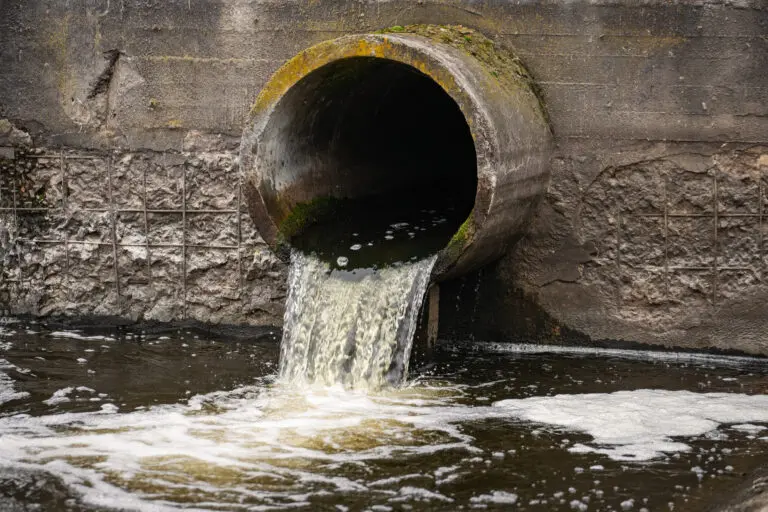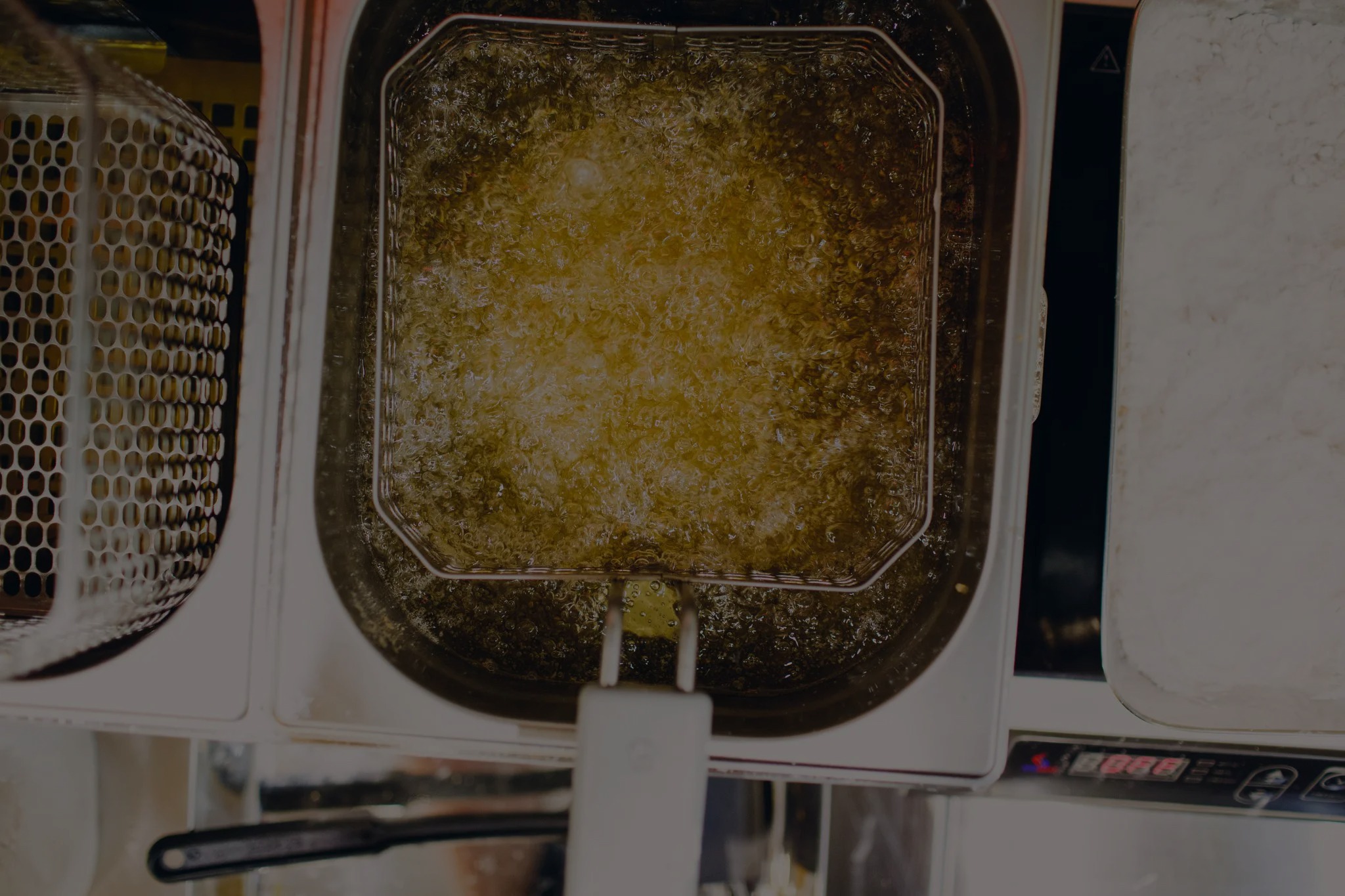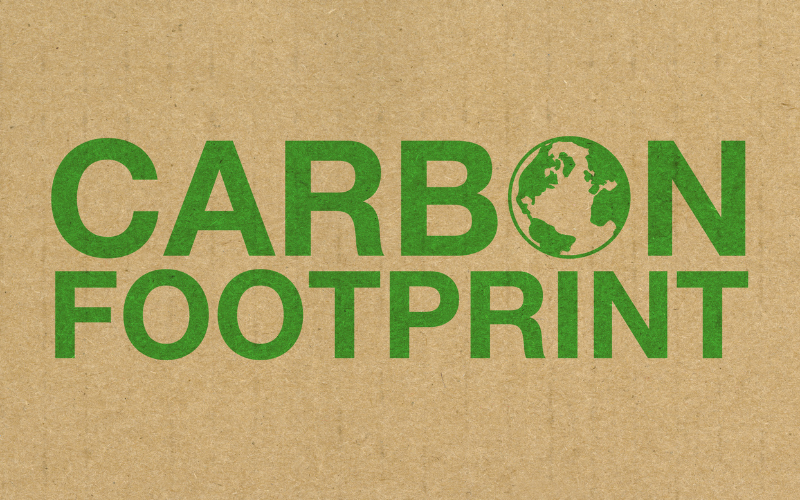Sustainable businesses are important to today’s consumers. Restaurants, too, may be defined as sustainable when they operate with the goal to preserve and protect the natural environment and its resources. Running a sustainable restaurant requires following a few key practices.
What is a sustainable restaurant?
The ideal sustainable restaurant operates on 100 percent renewable energy. Its kitchen produces zero waste, and water is captured and recycled. A sustainable restaurant supports local farming. Customers are eager to dine at the establishment, and employees are enthusiastic about working there.
A sustainable restaurant serves to effectively protect, preserve, or restore the natural environment. The restaurant works to advance social equity and contribute to shareholders’ financial health. Overall, the sustainable restaurant enhances the well-being of the surrounding communities and their residents.
The aforementioned ideals are attractive. However, the reality is that our planet is experiencing a decline in natural resources. Consumer expectations are increasing, and they demand transparency. In order for the restaurant industry to prosper, sustainable practices should be implemented.
Millennials and Generation Z consumers demand sustainable services and goods, and the majority are even willing to pay more to establishments that cater to their ideals surrounding sustainability. Consequently, restaurants that engage in sustainable practices outperform those that do not.
Restaurants, too, stand to gain additional advantages when they transition to a sustainable business model. Operating costs are reduced, as is restaurant waste. When restaurant waste production is low, the impact on the environment is reduced, and money is saved.
1. Reduce Energy Waste
Restaurants that initiate energy efficiency upgrades and invest in renewable energy are on track to cutting costs and moving toward a sustainable business model. Restaurants may switch to LED lighting retrofits and motion sensors and upgrade to efficient Energy Star appliances.
Food preparation equipment and refrigerators are kept clean in sustainable restaurants. Dishwashers are installed with pre-rinse sprayers and use tankless water heaters. Thermostats are adjusted during seasonal temperature fluctuations, and ceiling fans are utilized. These restaurants also purchase renewable power.
Energy is saved when food preparation equipment is routinely kept clean. Buy equipment that is the right size. When running exhaust fans, keep the fans at low speeds. Invest in new technologies, like convection ovens that use less energy than comparative conventional ovens.
2. Reduce Food Waste
Food waste is problematic, as one-third of all food produced for consumption is wasted. Along with the loss of food products are the loss of resources that go into agriculture, production, and distribution. The annual estimated loss is $940 billion. The loss also contributes to global greenhouse gas emissions.
Sustainable restaurants donate surplus food to food banks. Food scraps are composted or serve as animal feed. Can and bottle waste are reduced by recycling, and staff are trained on recycling. Used cooking oil is collected and recycled by cooking oil collection companies, like Mahoney Environmental.
Learn about How is Restaurant Food Waste Recycled?
Recycled cooking oil is turned into renewable fuels by Mahoney Environmental, a recognized leader in cooking oil recycling. The company is also equipped to recycle foods, like meat byproducts. Partnering with the company further helps restaurants successfully transition to a sustainable business model.
3. Reduce Water Waste
Like reducing food waste, reducing water waste is cost-efficient. It saves restaurants on costs to pump, heat and treat water. Sustainable restaurants run the dishwasher when it is full, install low-flow faucets and low-flow sprayers and wash produce in sinks full of water (rather than under running water).
4. Reduce Container Waste
Some containers may not be recyclable. Sustainable restaurants reduce their reliance on non-disposable products and instead opt for durable products. A switch to paper products that can be recycled is beneficial. Staff ask customers how many utensils and napkins they need before distributing them.
Consider purchasing renewable or biodegradable alternatives, such as cups and utensils that are manufactured out of PLA, utensils made from wheat straw and plates manufactured with sugar cane fibers. Choose folded paperboard boxes that are lined and unbleached. Clamshell containers made from wood fiber are ideal.
5. Increase Sustainable Food
Restaurants can adopt sustainable practices by sourcing locally grown foods, which reduce the impacts of transportation. Food that is locally grown offers several benefits, including being fresher, being custom grown and the strengthening of relationships between chefs and farmers’ market growers.
More customers are becoming highly attuned to their food choices, and restaurants that seek products made from recyclable materials are a step ahead. Organic ingredients, for instance, are desired by today’s consumers, as they do not contain dangerous farm chemicals yet conserve the soil.
Restaurants need to embrace sustainable practices in order to attract today’s more socially conscious customers. While checking off the above sustainable practices, choose to work with the nation’s most reputable cooking oil collection and meat byproducts recycling company, Mahoney Environmental.
Learn about How Mahoney Environmental is Involved in a Circular Economy
Accelerate your move toward becoming a sustainable restaurant by recycling your used cooking oil. Mahoney Environmental provides the equipment restaurants need to safely collect and store the oil until their scheduled pickups by our trucks. Regular used oil pickups promote kitchen safety.
Mahoney Environmental also delivers fresh cooking oil so that your kitchen remains consistently well-stocked. We offer customers the ability to monitor their oil usage online. This convenient feature makes it easier for kitchens to use oil efficiently, while ensuring timely oil collection pickups and deliveries.

Restaurants that regularly fry with cooking oil should maintain the grease traps. Proper installation and maintenance prevent backups in the drains. Issues with drainage can result in sewage and noxious odors in the kitchen. Our techs will ensure the grease traps function optimally.
When you are upgrading your restaurant kitchen to meet sustainability standards, work with Mahoney Environmental to design and install all your cooking oil equipment. We design and install automated, standard, or customized cooking oil equipment, including cooking oil waste equipment.
Cooking oil recycling is an integral part of a sustainable restaurant. Choose Mahoney Environmental for all your cooking oil recycling needs, and your restaurant will be one step closer to being a sustainable establishment. Contact us at 800-892-9392 when you aim to benefit the environment, your staff, and your bottom line.



 Call Us Now (800) 892-9392
Call Us Now (800) 892-9392